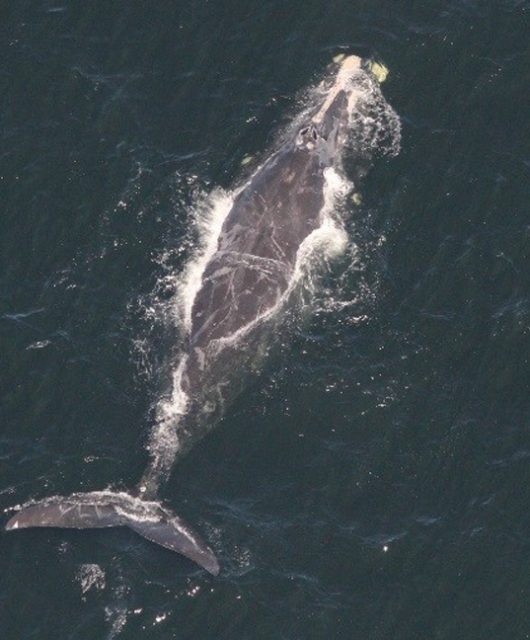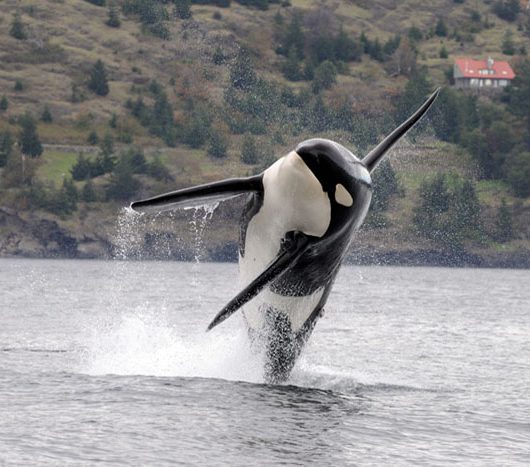The Canadian Wildlife Federation welcomes the federal government’s investments in ocean protection, freshwater conservation, and the management of aquatic invasive species.
However, CWF continues to urge governments to address and prioritize conservation issues for the health, economic, social and spiritual well-being of Canadians.
Canada is surrounded by three mighty oceans and has the longest coastline in the world (over 200,000 kilometres). So we were pleased to see the federal government follow-through on its previously announced investment in the Oceans Protection Plan.
The $1.5 billion under the Oceans Protection Plan will support marine animals by restoring Canada’s marine ecosystems, improving marine safety, and creating stronger partnerships with indigenous and coastal communities.
Did you know? There are more than 33 species of whale, 11 species of seals and sea lions, and four species of turtles found in Canada’s oceans. Seventeen of these animals are listed under the Species at Risk Act.
Canadians share a deep historical connection to freshwater; we rely on it for transportation, for resources, for employment, for food and for recreation. Yet, a growing number of threats are jeopardizing the long-term use of our lakes, rivers and wetlands. The government’s five-year commitment of $70.5 million for freshwater conservation is a step forward, but significant investments are still needed. As it stands, more than 60 species of freshwater fish are listed under the Species at Risk Act. Many other plants and animals are at risk of losing their natural habitat.
Aquatic invasive species are a serious threat to our waters. Regardless of whether they are introduced accidentally or intentionally, once they become established they are extremely difficult, if not impossible, to eradicate. These invasive species are also expensive to control. The $43.8 million over the next five years will help minimize the impacts of invasive species like Asian carp and zebra mussels.
Did you know? Canada has nearly two million lakes and contains seven per cent of the world’s renewable freshwater.
CWF continues to encourage governments to address critical issues
- Reducing impacts on biodiversity as part of the next agriculture policy framework, expected in 2018
- Significantly increasing investments in freshwater conservation
- Supporting programs that prioritize managing wildlife and protecting habitat as an important mechanism for adapting to climate change
Please note that today is the last day to comment on the federal government’s proposal to ban the neonicotinoid pesticide imidacloprid. If you would like to support the ban, visit the website for the Pest Management Regulatory Agency Publications Section and post your thoughts on the Proposed Re-evaluation Decision PRVD2016-20.




